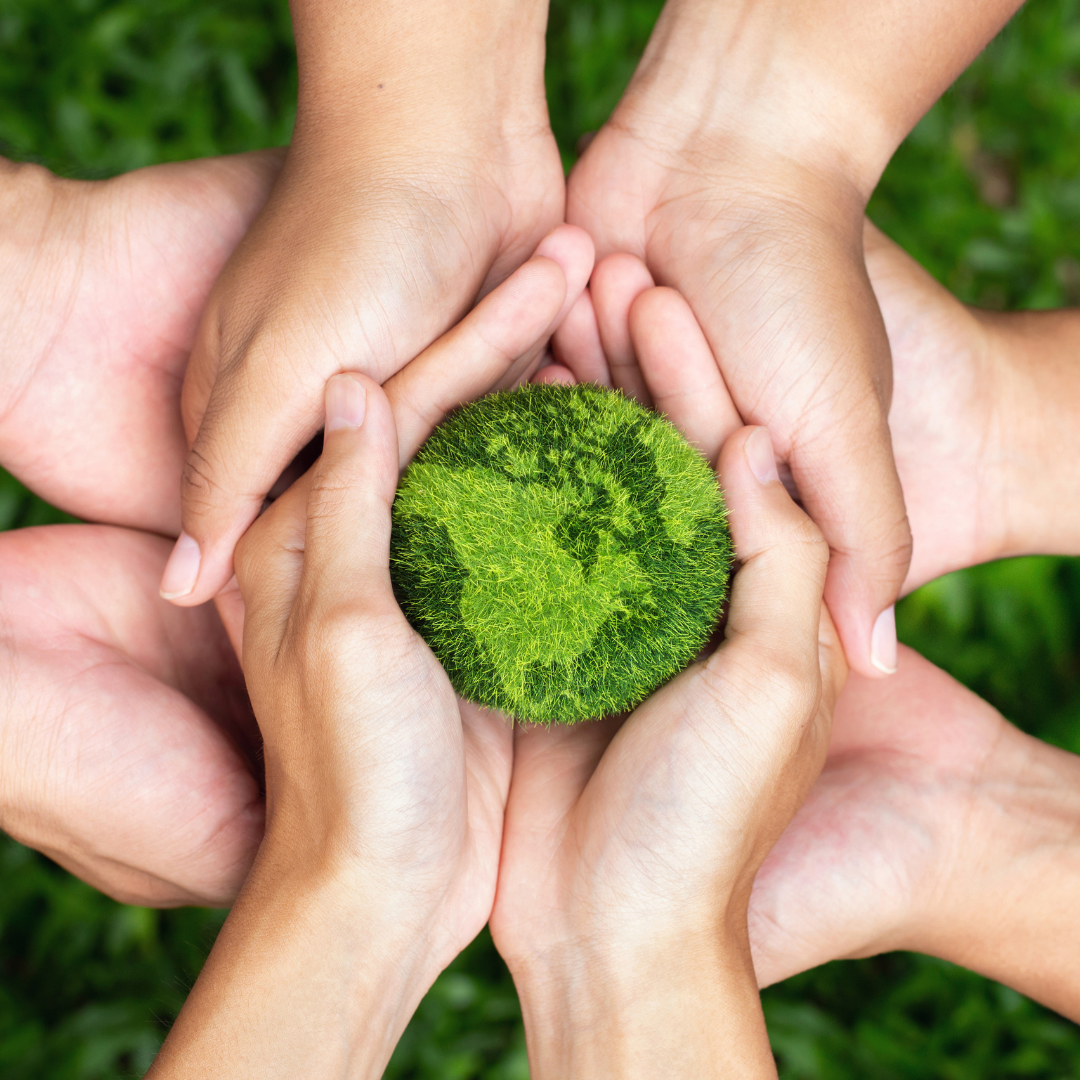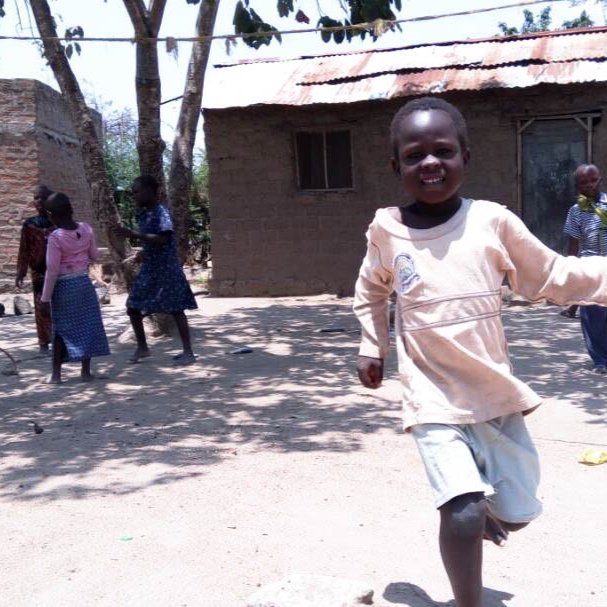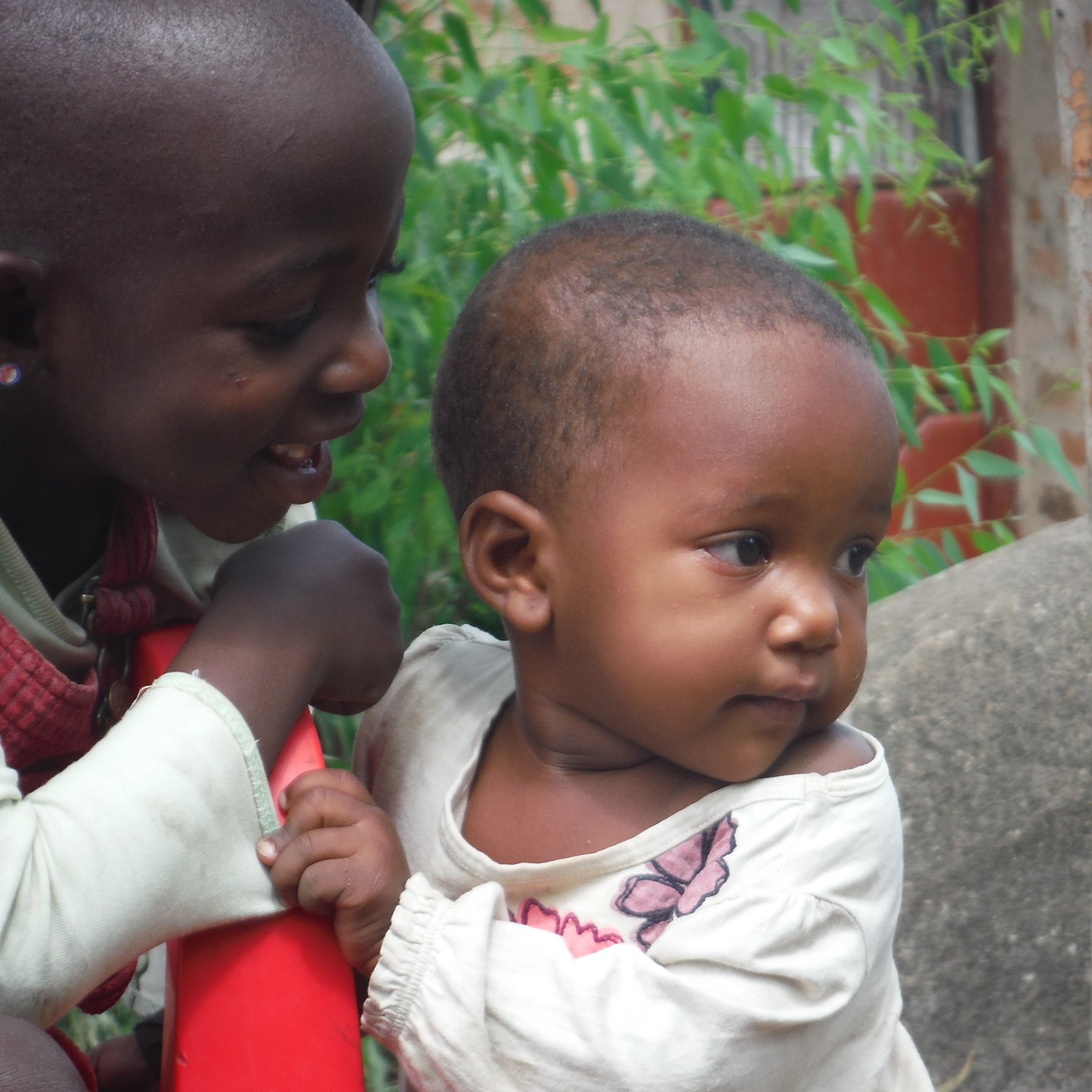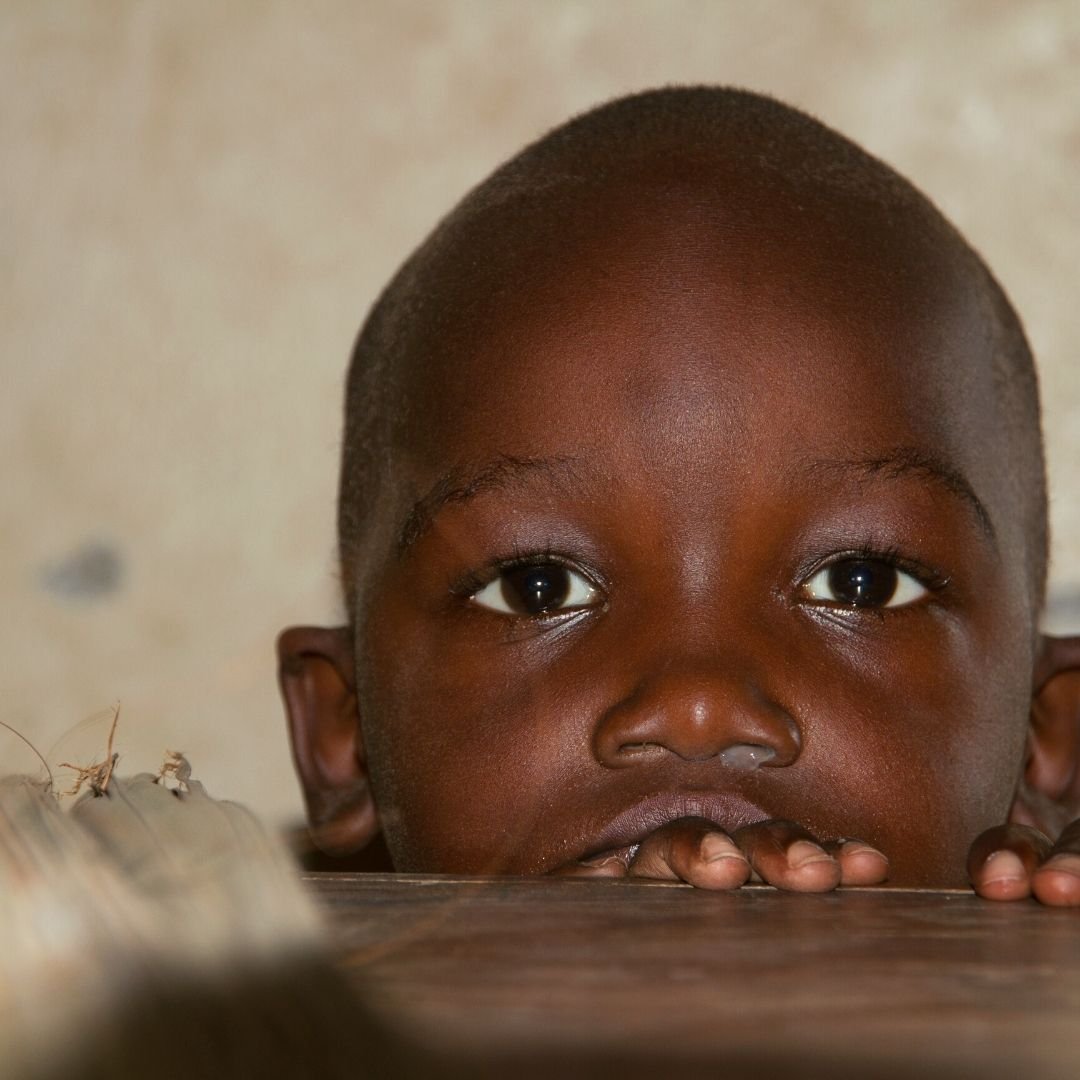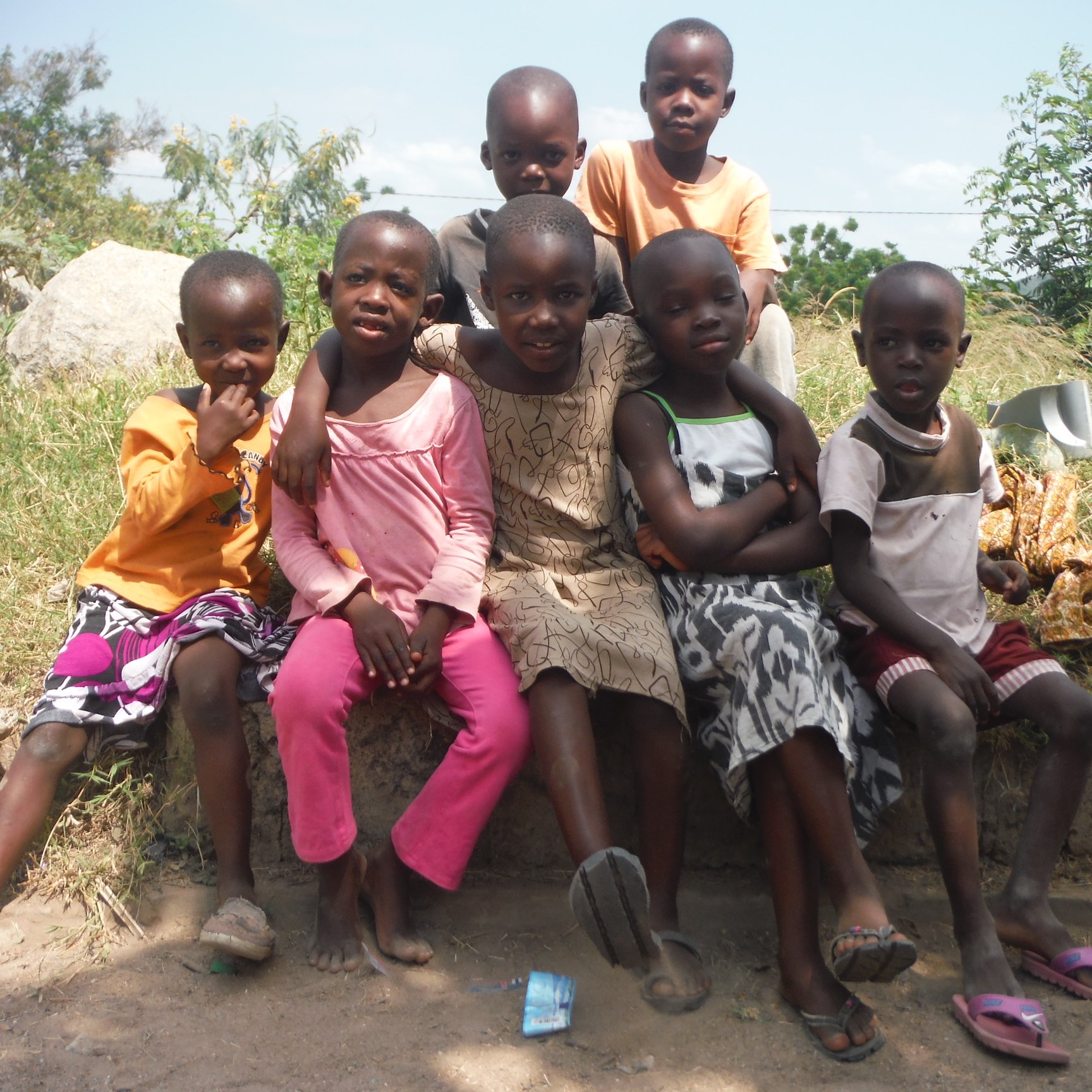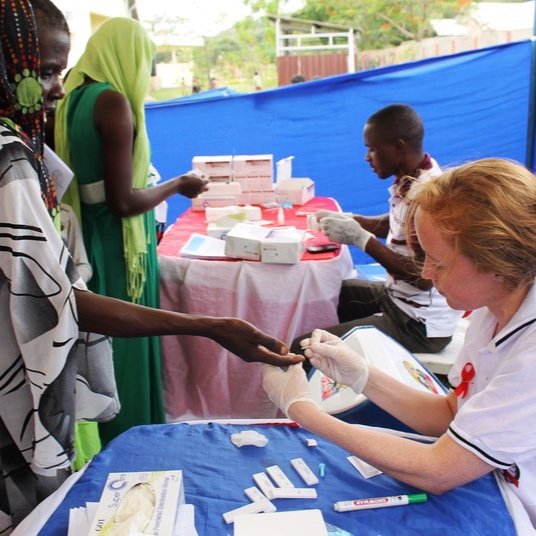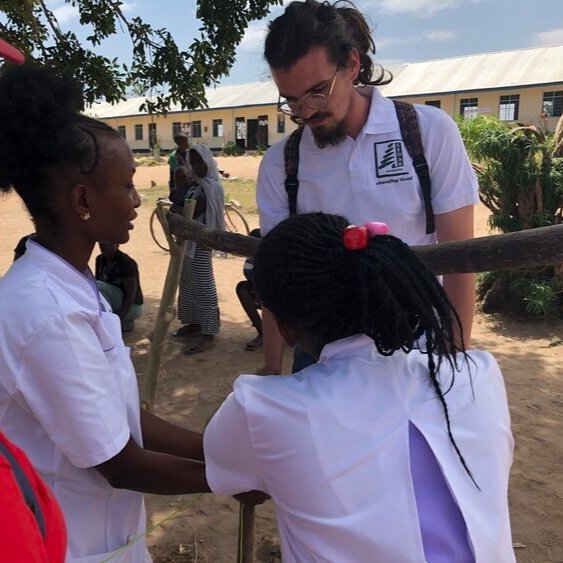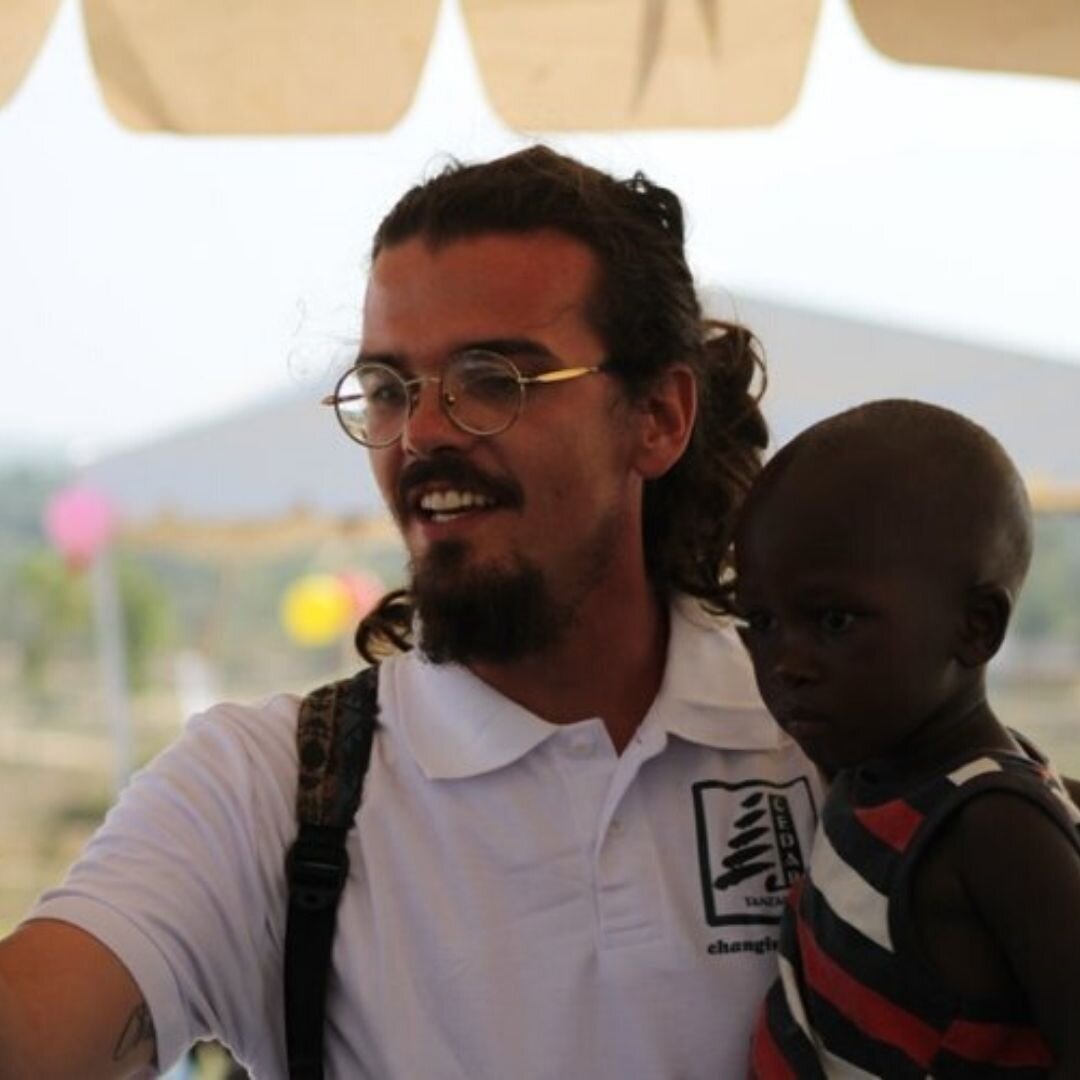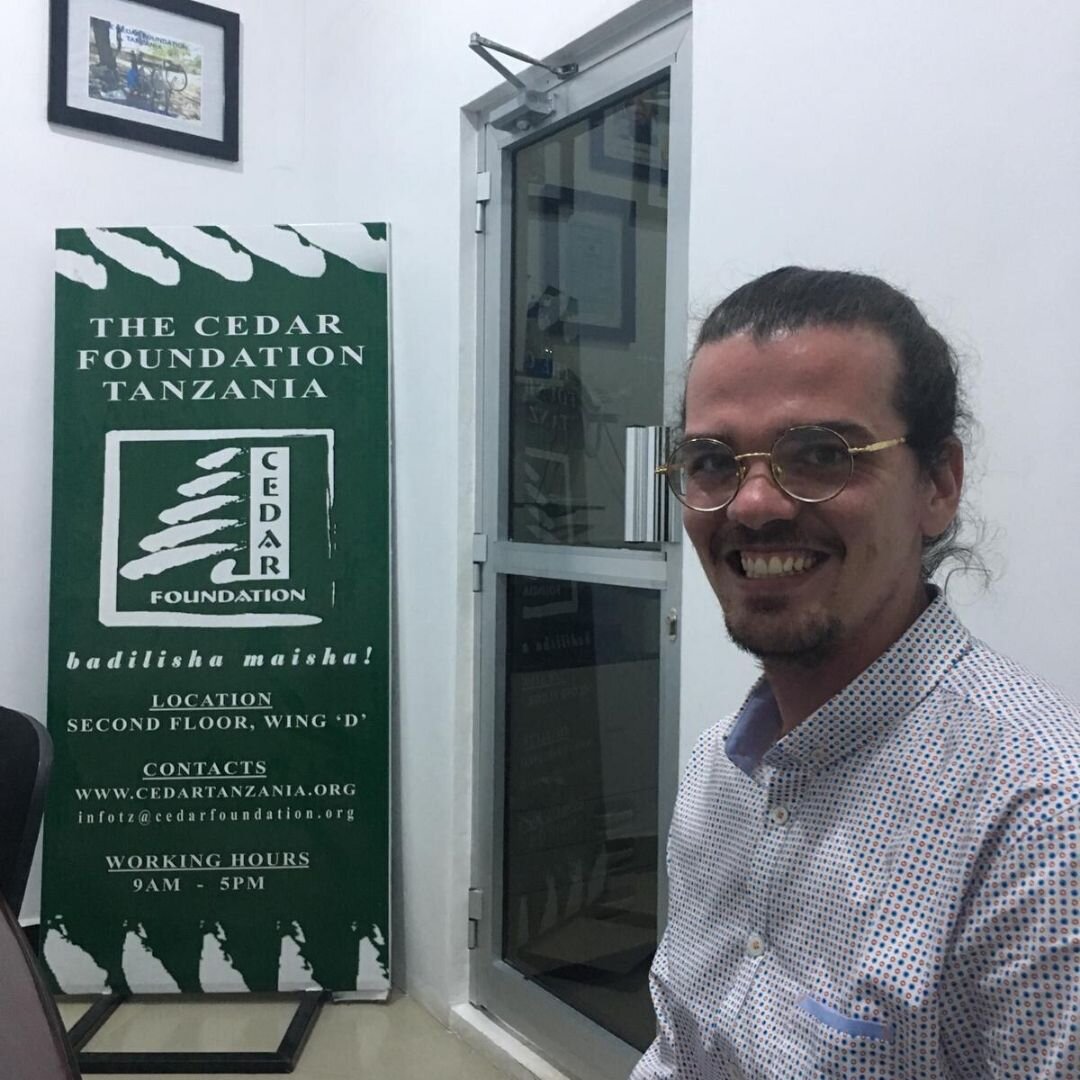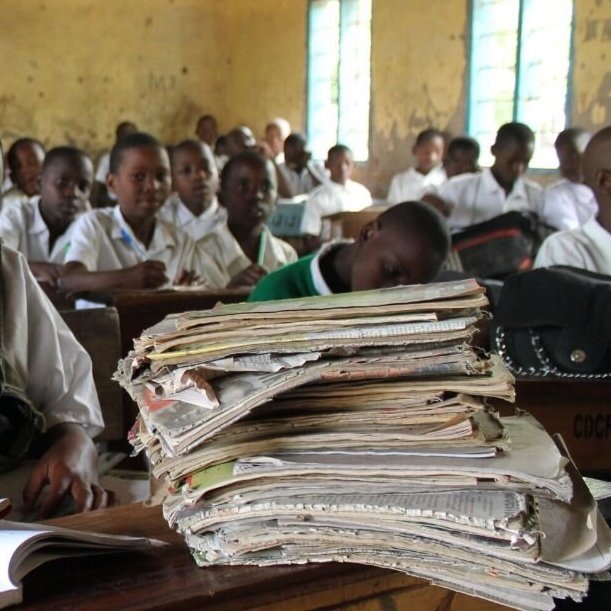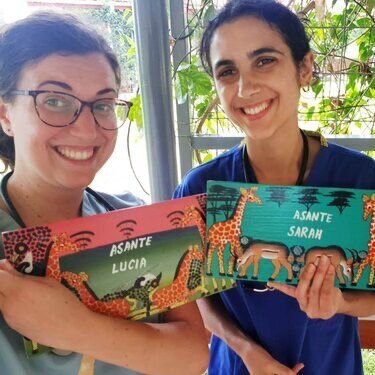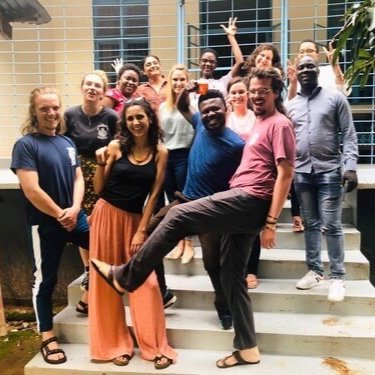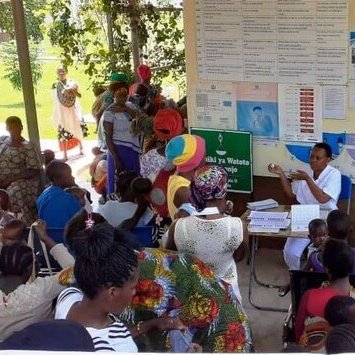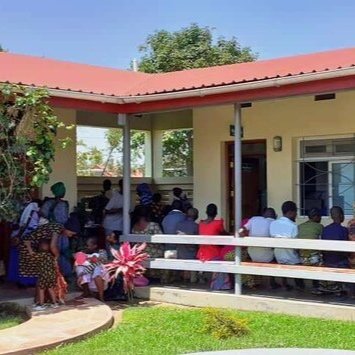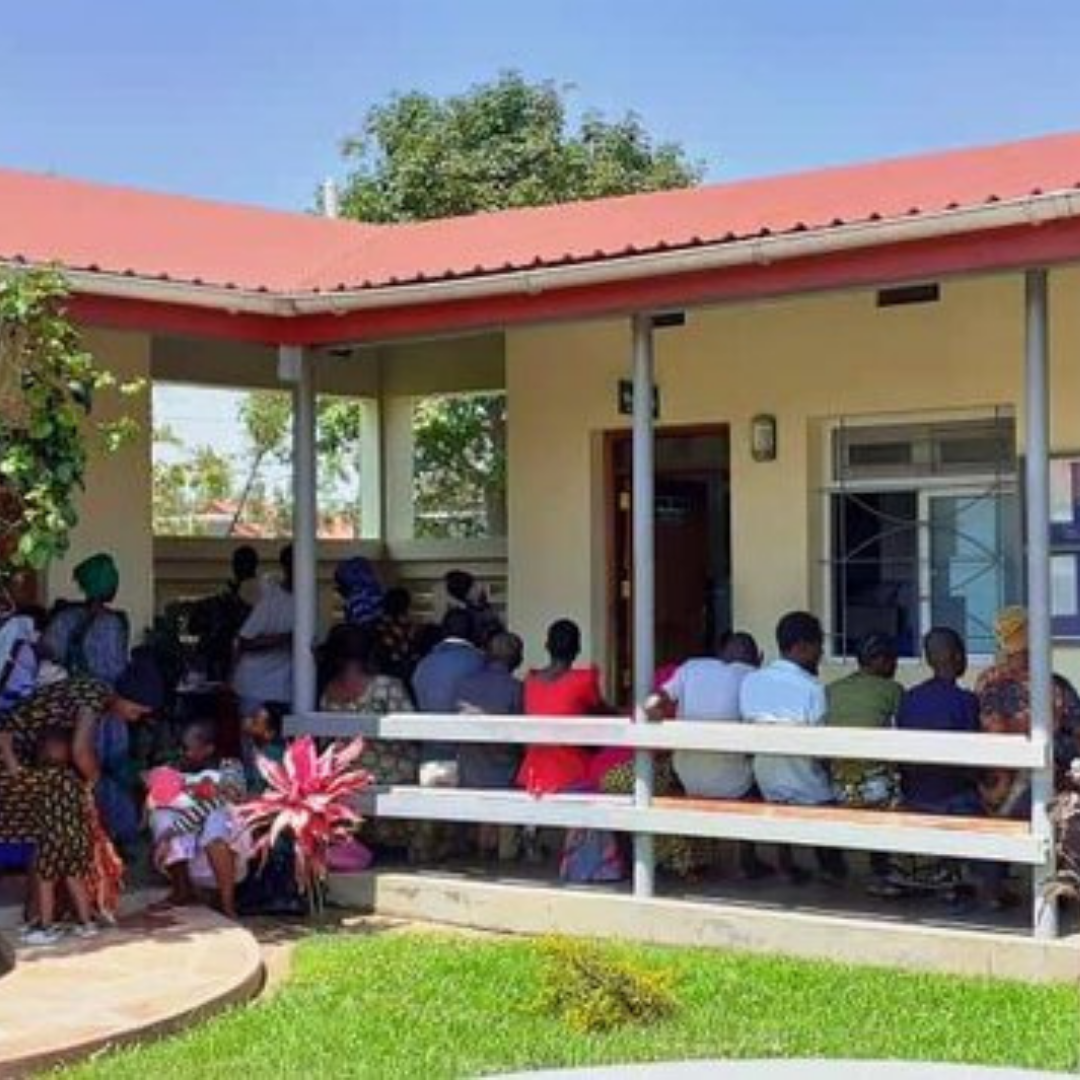The past few months have been a whirlwind of activity at Australia for Cedar Tanzania! We are thrilled to share that no fewer than five new projects are launching between March and June, all designed to bring sustainable change and improve health and wellbeing in our communities. Here’s a look at some of our newest initiatives:
SMILE: Bringing Pre- and Postnatal Care to Women’s Doorsteps
Pregnancy and childbirth should be a time of joy, but for many women in rural Tanzania, accessing essential healthcare remains a challenge. While expectant mothers are entitled to four antenatal visits, research shows that attendance rates are low due to barriers such as distance, cost, and lack of awareness. In response, we are launching SMILE, a project that delivers pre- and postnatal care directly to women in their homes.
Postnatal care is equally crucial, as both mother and baby face heightened risks in the early weeks following birth. According to the WHO, nearly 50% of postnatal maternal deaths occur within the first 24 hours after childbirth, and timely postnatal visits can reduce neonatal mortality by up to 27% (WHO, 2022). Recognising this gap, SMILE extends support beyond delivery, ensuring that both mother and baby receive essential health check-ups and guidance during this critical period.
The project officially launches in April, with a dedicated nurse leading the initiative. Over the past two weeks, he has undergone intensive training, including off-road motorbike riding — an essential skill for reaching remote areas. As we monitor the impact of SMILE, we are hopeful that this initiative will expand over time, reaching even more mothers and babies in need. We are eager to see SMILE make a real difference in maternal and infant health!
Computer Literacy Classes: Bridging the Digital Divide
Technology is a powerful tool for education and economic empowerment, yet many people in our community have never had the opportunity to learn basic digital skills. To change this, we are launching computer literacy classes at our community centre in April.
Thanks to recent investments in securing a dedicated space for computers, we can now safely store our equipment and offer structured classes. Participants will learn essential skills, including:
Conducting internet searches
Using Microsoft Word and Excel
Leveraging technology to improve literacy and numeracy skills
This initiative is particularly exciting because you can help! If you have an unused desktop, laptop, or tablet, we would love to put it to good use. Your contribution could make a world of difference for someone taking their first steps into the digital world.
Mental Health Training for Our Outreach Team
Our Outreach Team works closely with community members facing a range of challenges, including those struggling with mental health issues. Navigating these cases requires sensitivity, knowledge, and emotional resilience. That’s why we are delighted to announce that two of our team members, Jaqui and Steven, have been selected to take part in a 12-month psychology course.
This program, attended by representatives from five other local NGOs, will cover essential topics such as:
Psychological self-care for frontline workers
Psychological first aid techniques for supporting clients
Strategies for handling trauma and crisis situations
Once trained, Jaqui and Steven will share their knowledge with the rest of the team, ensuring that our entire Outreach Team is better equipped to provide compassionate and effective support to those in need.
Preparing for a New 26-Bed Maternity Ward
We are thrilled to announce our plans for a 26-bed maternity ward, an extension to our current hospital. Construction will begin in July this year and be completed in the first half of 2026. This expansion will greatly enhance our ability to provide maternal healthcare to the community.
However, before the first brick is laid, a tremendous amount of groundwork needs to be completed, including:
Architectural drawings and designs
Budget planning and fundraising
Permits and regulatory approvals
Contractor selection and site preparation
This is a monumental step in ensuring safe childbirth for women in our region. The ward will also have facilities to perform caesarean sections and provide safer assistance in case of complications. We will keep you updated on our progress.
Mount Kilimanjaro Climb: A Fundraising Adventure!
For those seeking a challenge with a purpose, we are in the early stages of planning a Mount Kilimanjaro Climb as a fundraising initiative. More details will be shared soon, but if you have ever dreamed of summiting Africa’s highest peak while supporting a great cause, keep an eye out for updates!
Ongoing Projects and Community Initiatives
While these new projects are incredibly exciting, we remain deeply committed to our ongoing work, including:
Our Outreach Team provides essential medical care to people with disabilities in their own homes. We currently have approximately 350 families on our schedule, all of whom receive at least one visit per week—some many more—depending on their individual needs.
Our Occupational Therapy and Physiotherapy clinic is open for business twice a week, providing essential rehabilitation services for individuals with disabilities and mobility challenges. Our dedicated team works closely with patients to improve their independence, mobility, and overall quality of life through tailored therapy sessions.,
Our hospital serves 30,000 residents, providing maternity services, vaccinations, under-5 health checks, HIV/AIDS counselling and ARV distribution, general medical care, and overnight observation when necessary.
Six savings clubs, where groups of up to 20 people meet regularly to save money and access small loans to improve their financial security. Savings groups are a powerful tool for economic empowerment, helping members build resilience and invest in their futures.
Our tailoring project continues to thrive. The first group of 2025 has just graduated, equipping participants with valuable skills for employment and entrepreneurship.
Landscaping and water drainage improvements following our new perimeter wall's completion, ensuring our facilities' sustainability and safety.
More on the Horizon…
As if all this wasn’t enough, we are currently negotiating for three additional projects, which we hope to announce soon! In addition, we have several grant applications under review and will be submitting two more this month.
Join Us in Creating Change!
We couldn’t be more excited about these new initiatives, and we are deeply grateful to everyone who has made them possible. Whether through donating technology, spreading the word, or supporting us financially, every contribution helps drive positive change.
Stay tuned for more updates as these projects unfold. Together, we are making a tangible impact!
With gratitude,
Nina Hjortlund and the Cedar Tanzania Team












